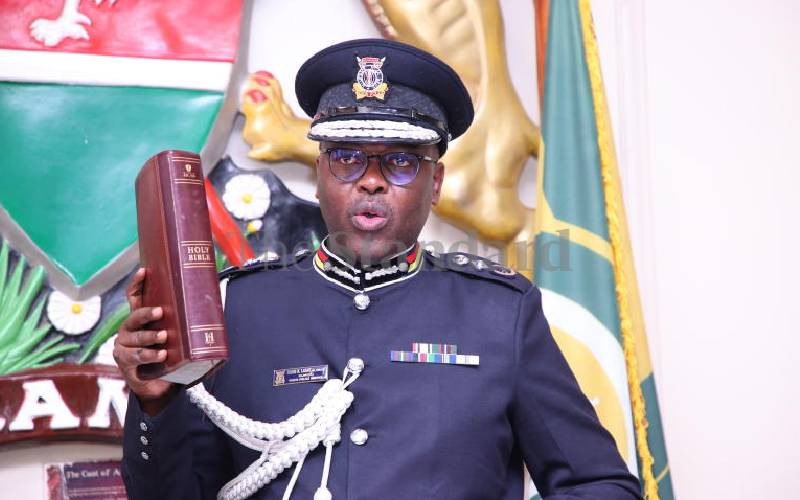×
The Standard e-Paper
Kenya’s Boldest Voice

The government has formed a special parliamentary committee to spearhead a comprehensive response to confront the alarming surge in gender-based violence and femicide cases plaguing the nation.
This development comes amidst recent data revealing a staggering statistic: 97 women were murdered over a span of just 90 days.